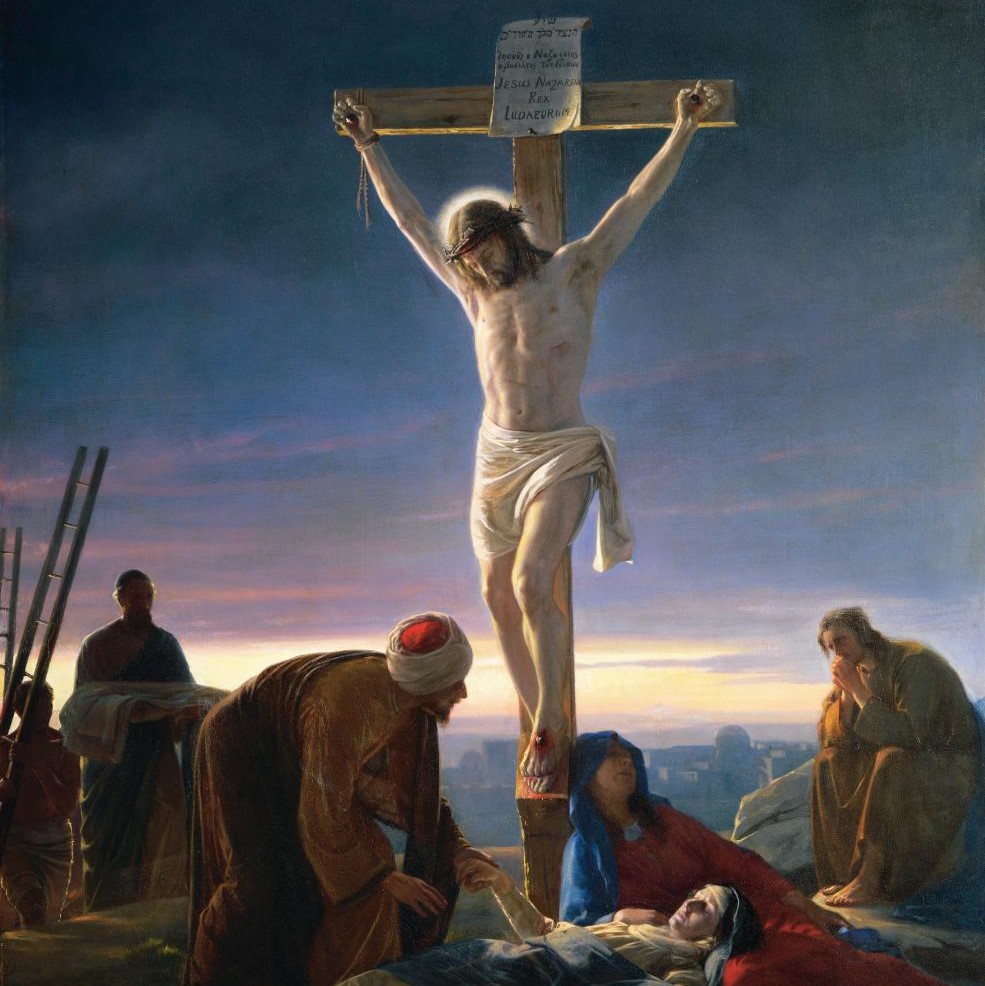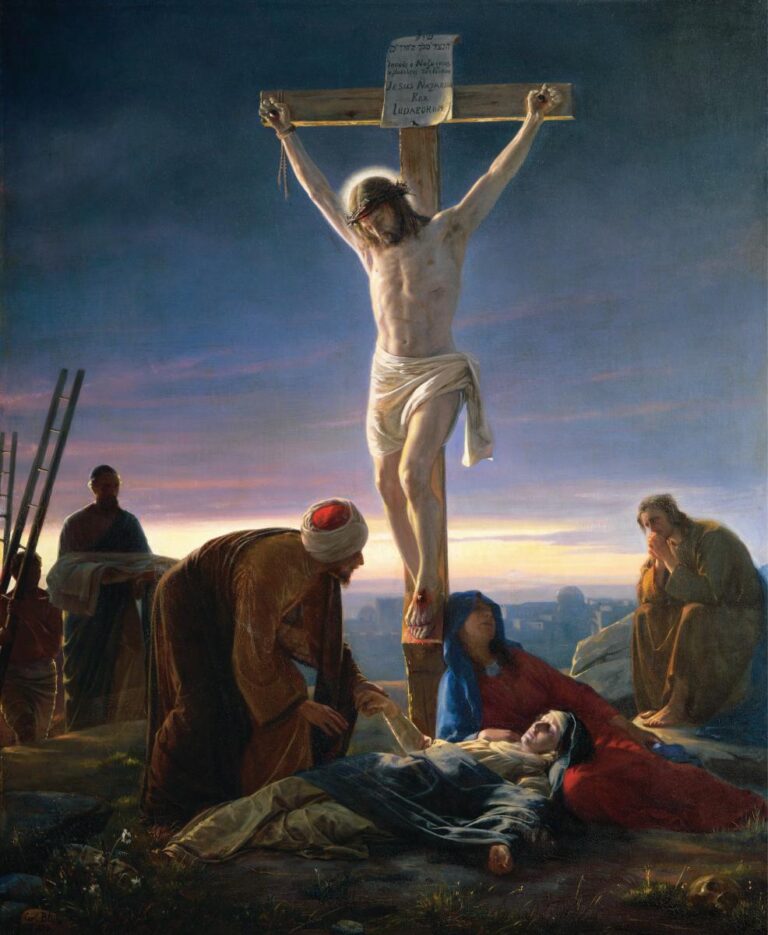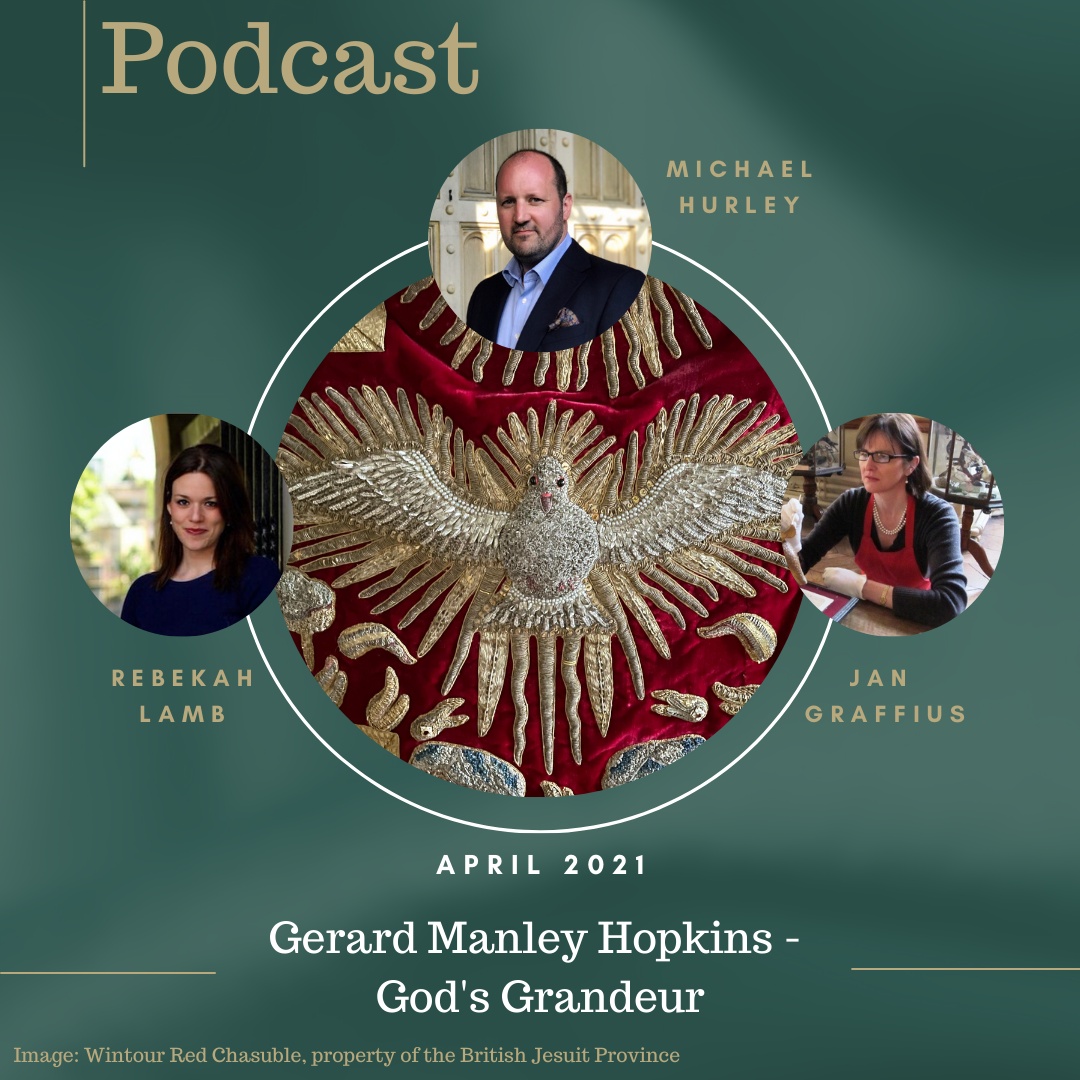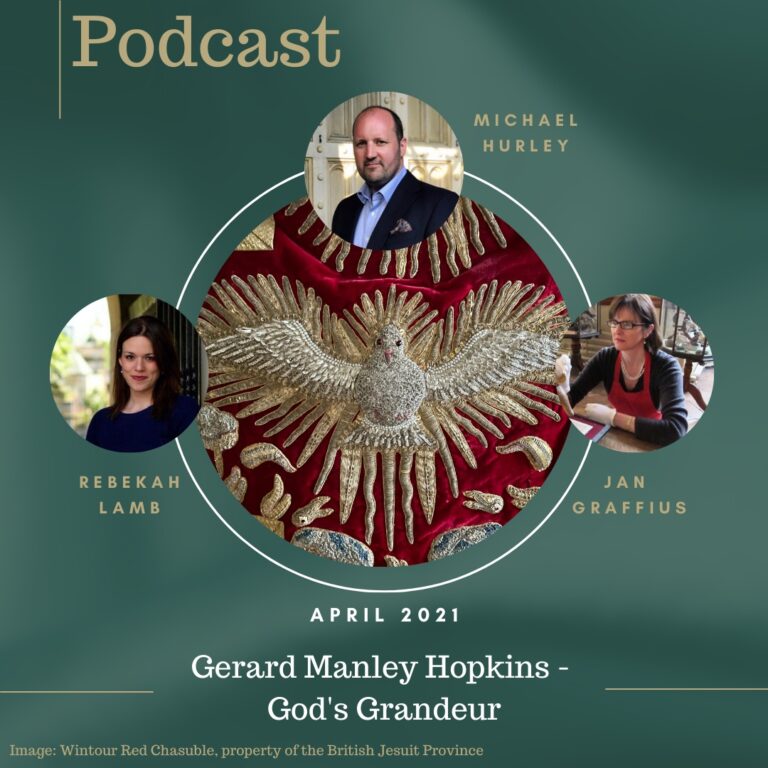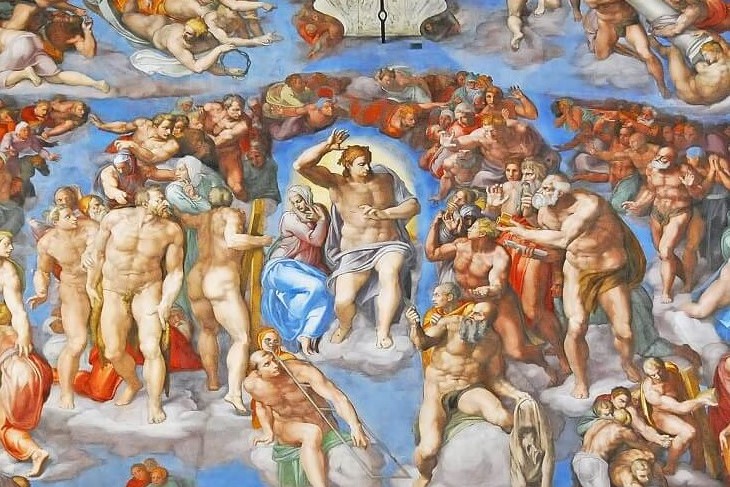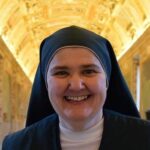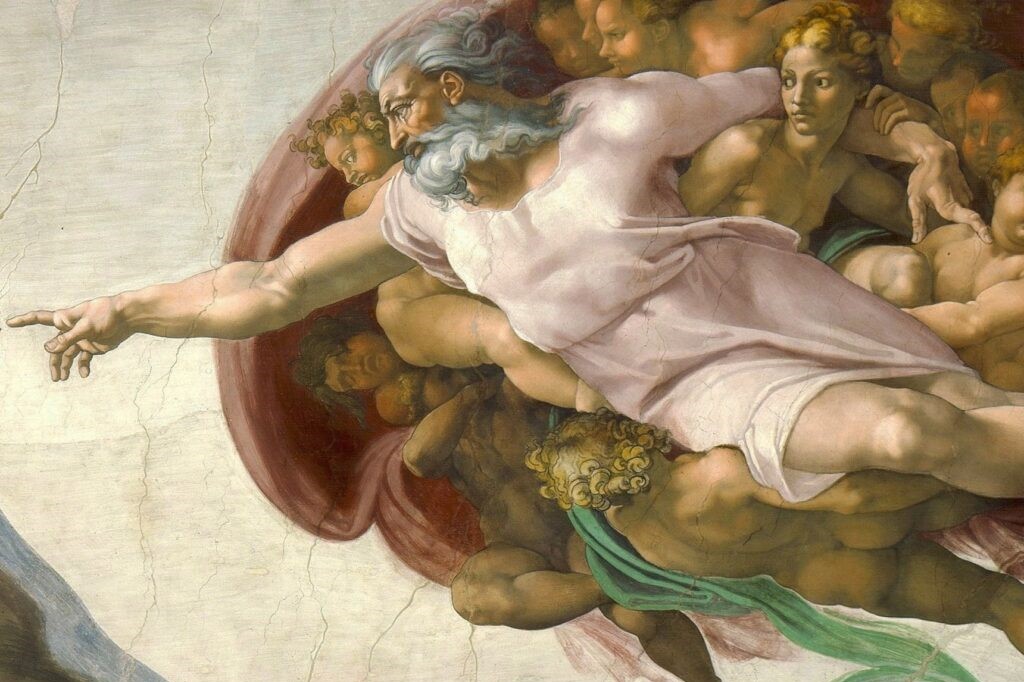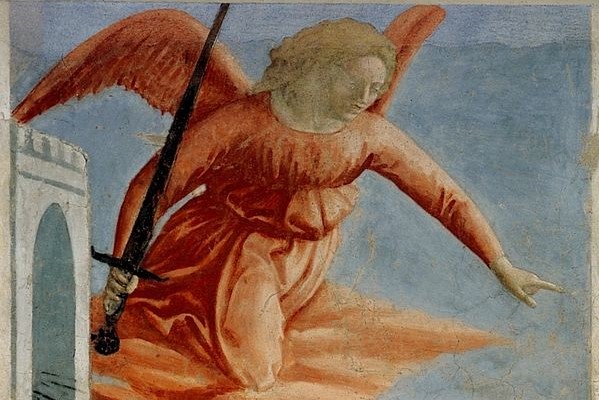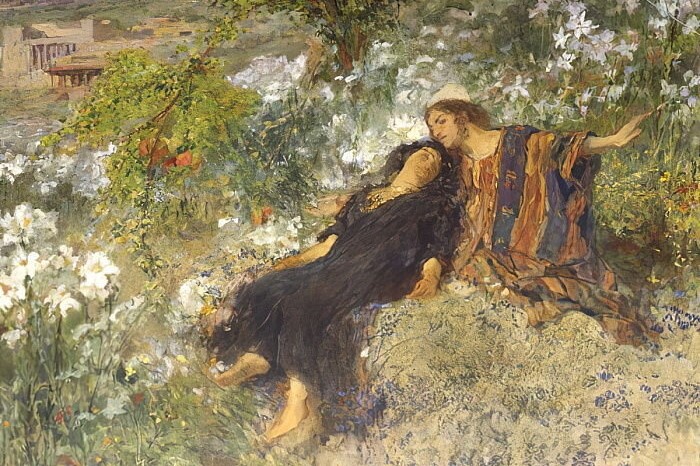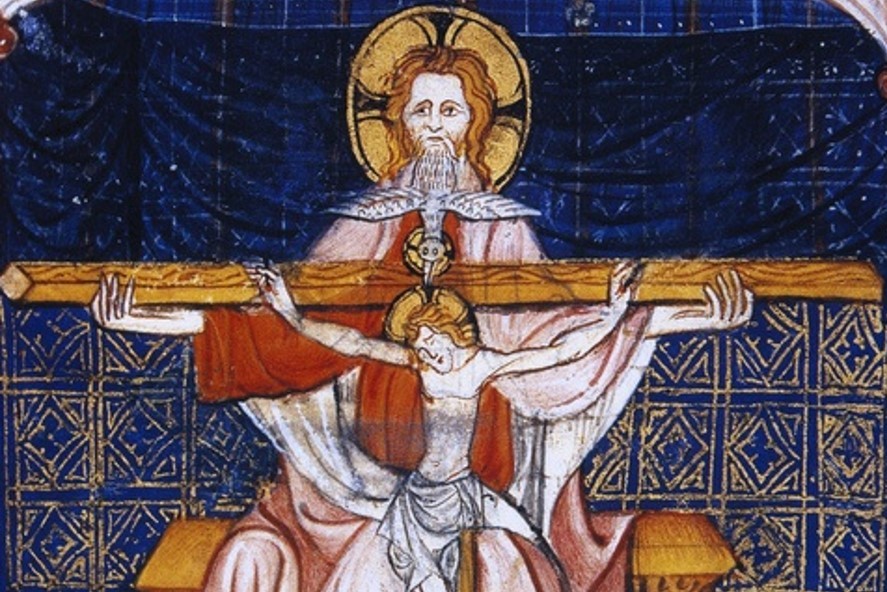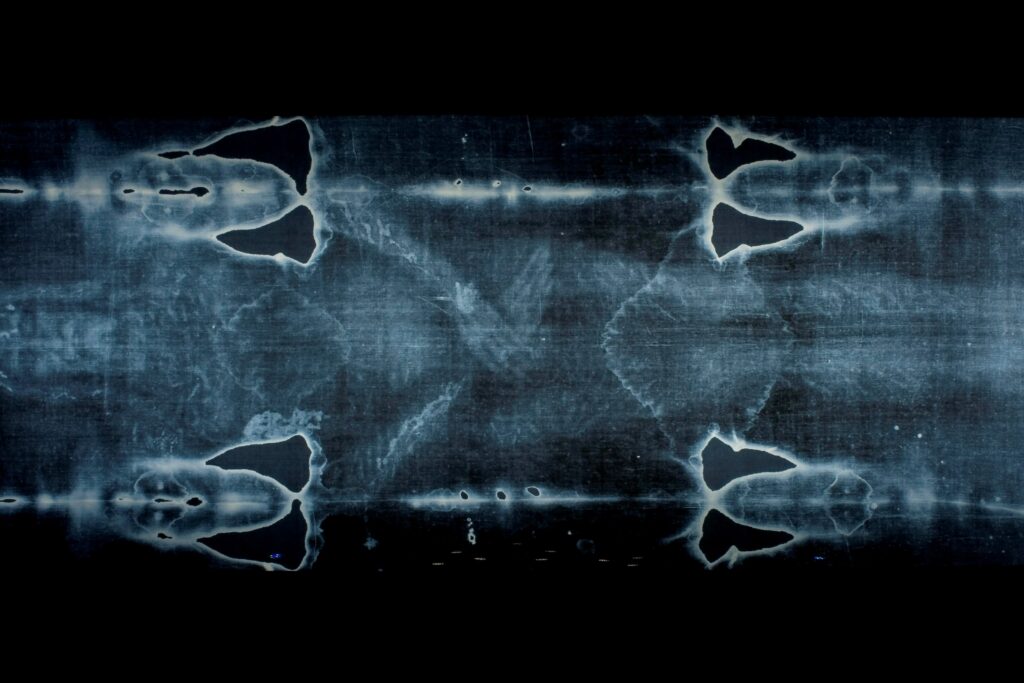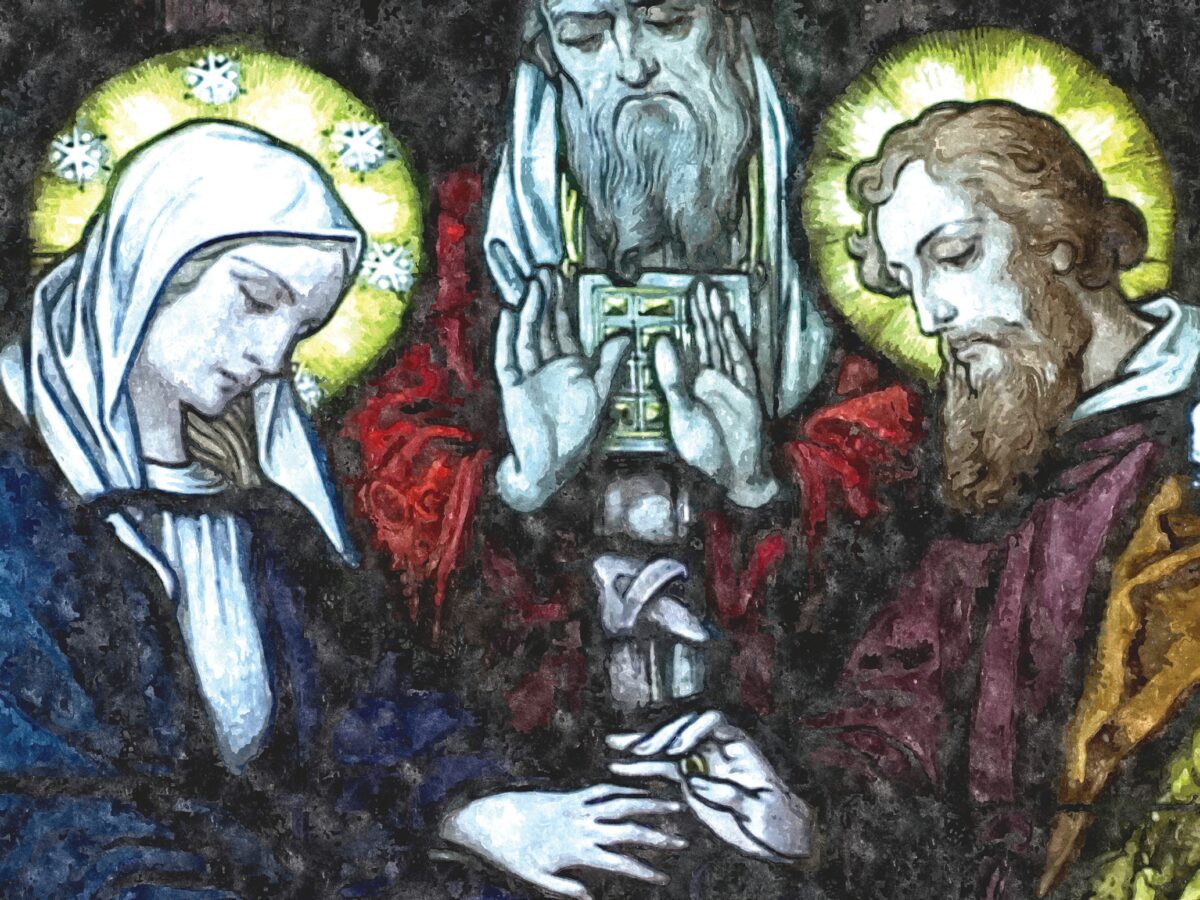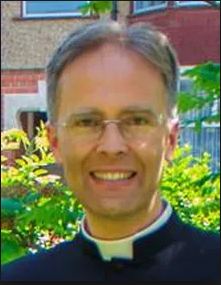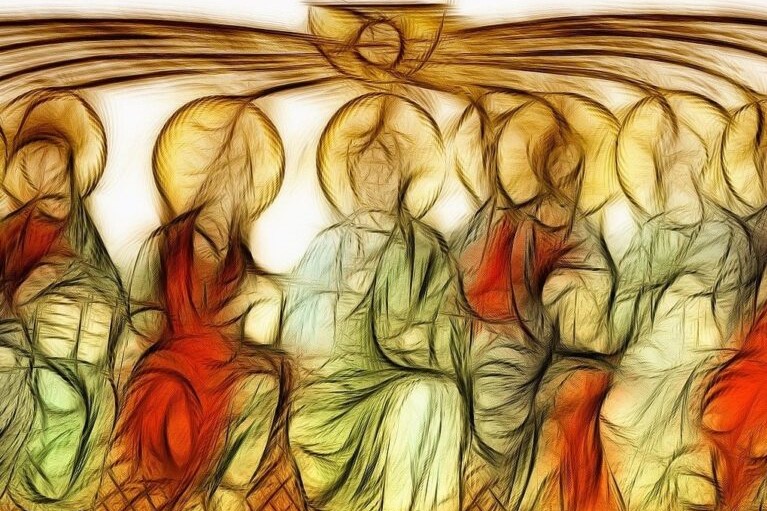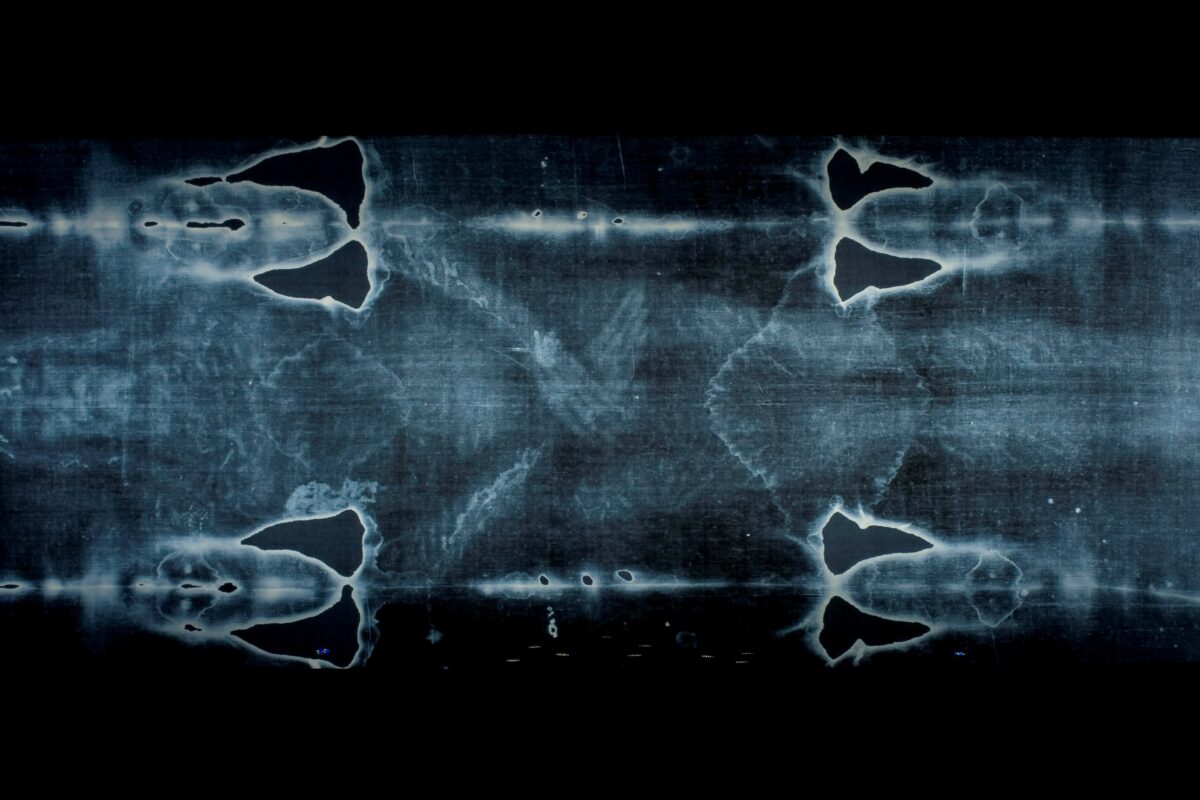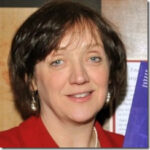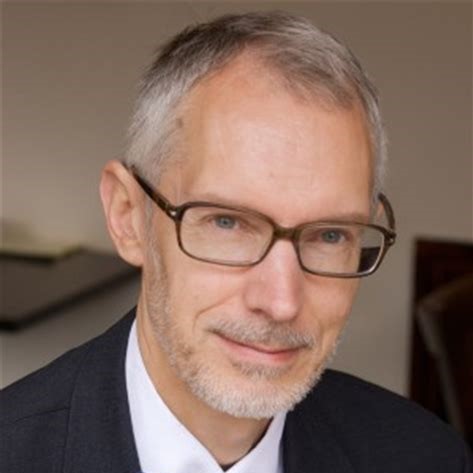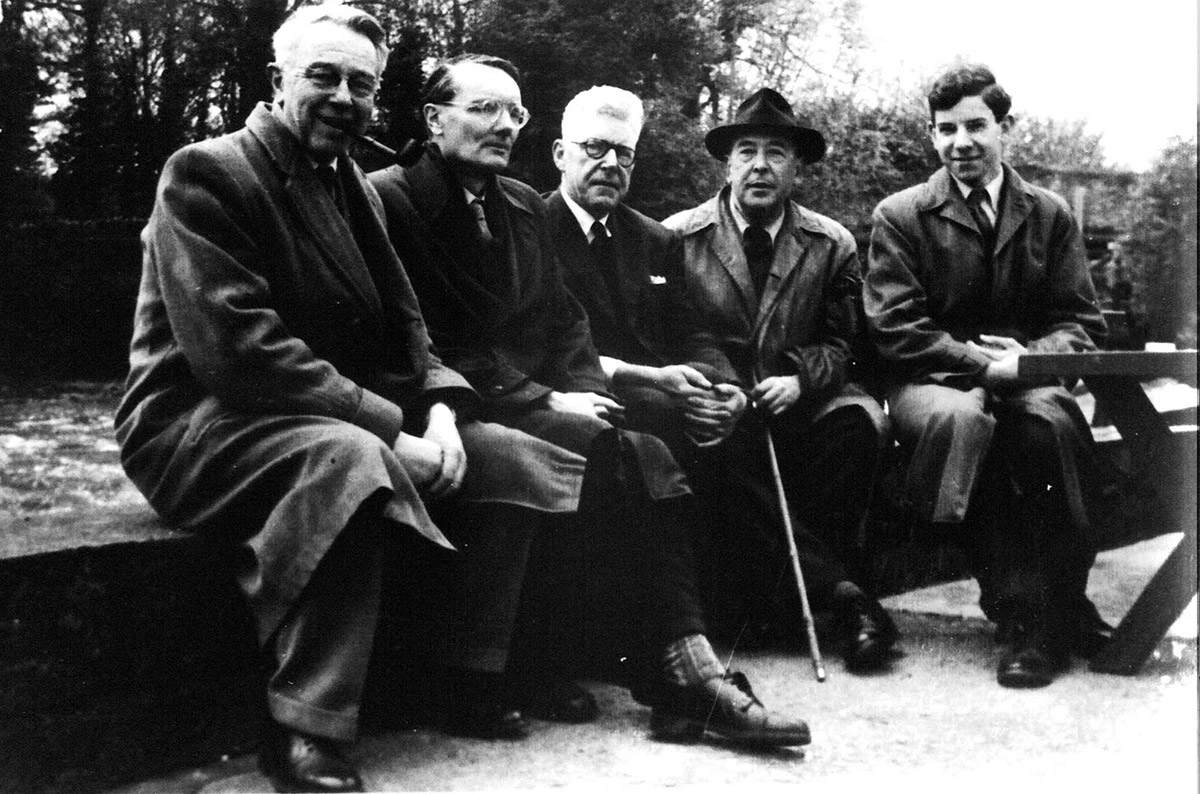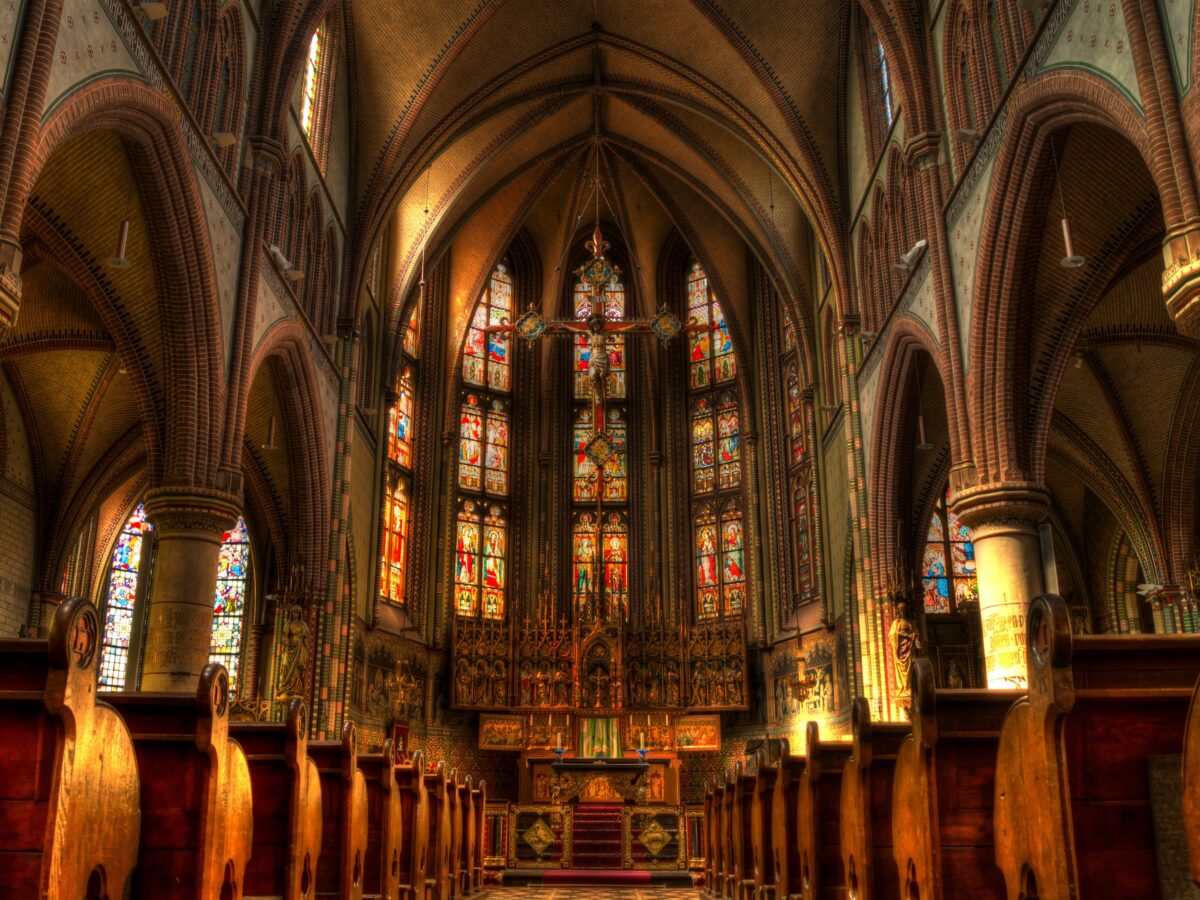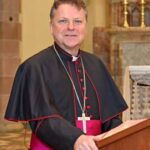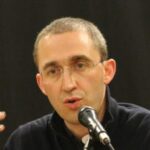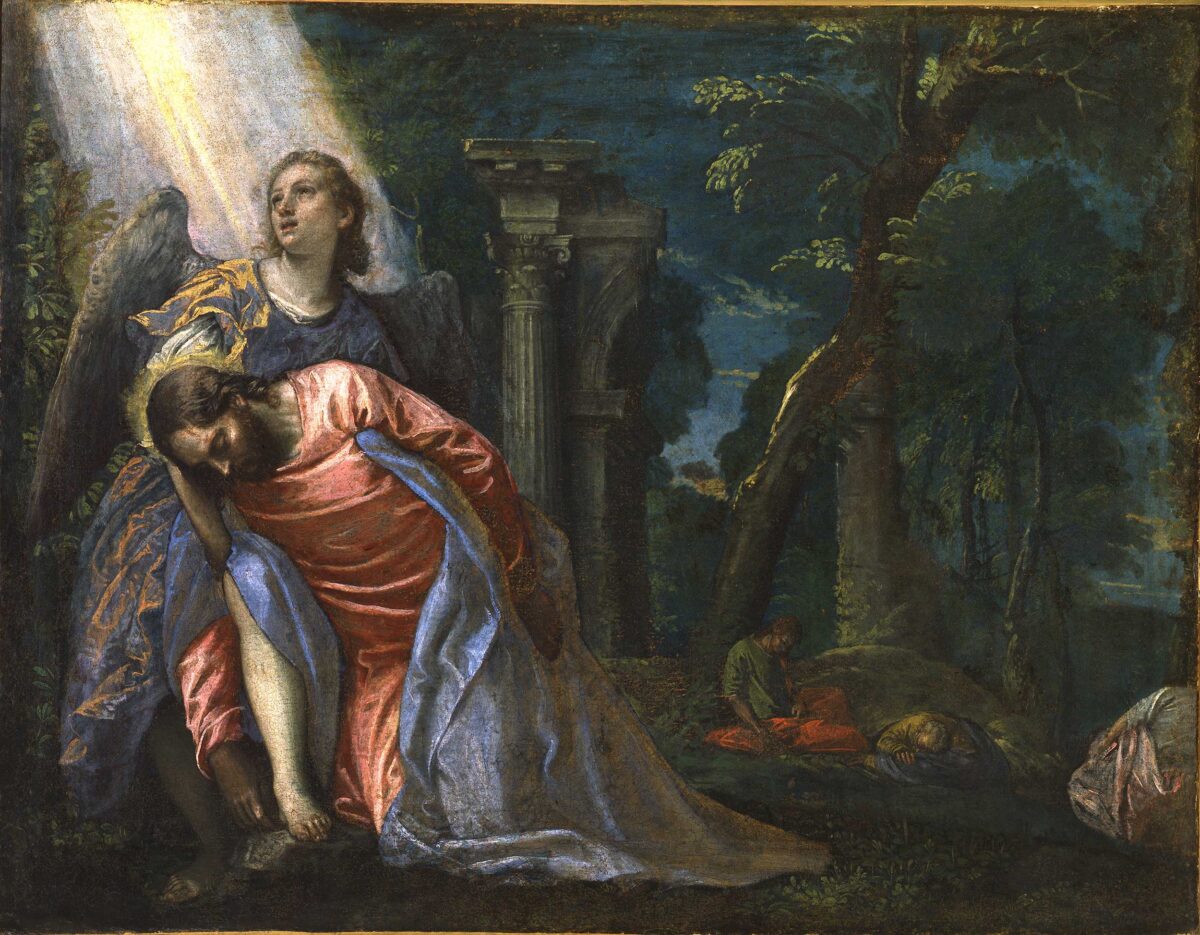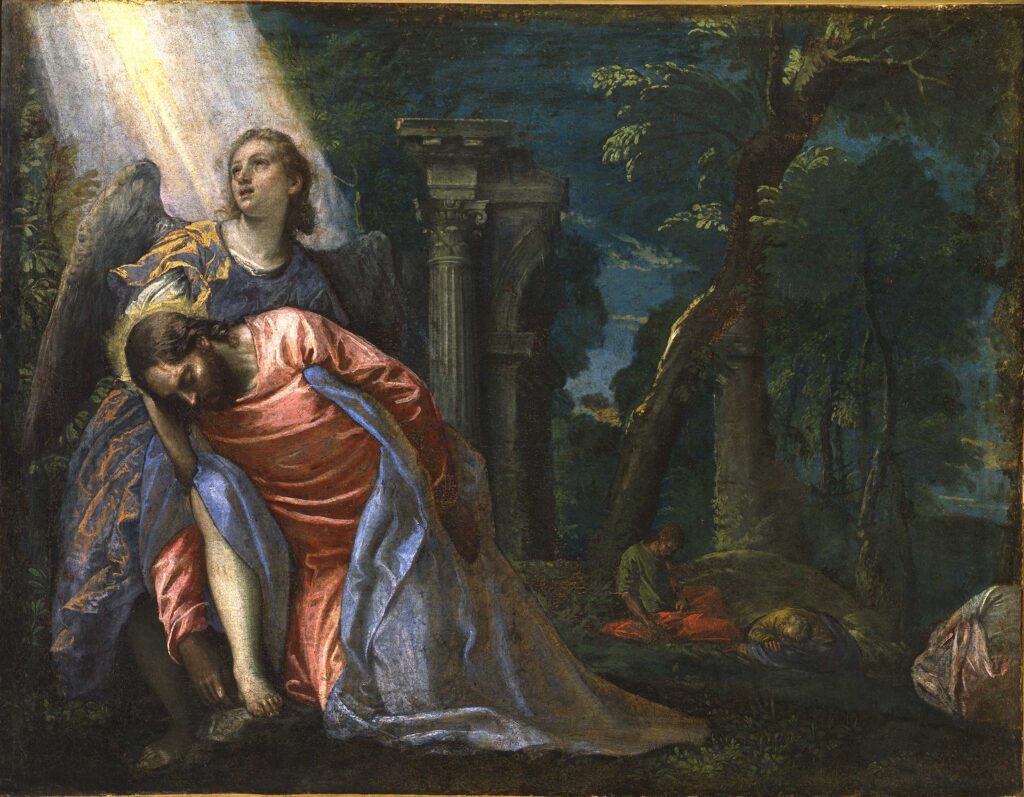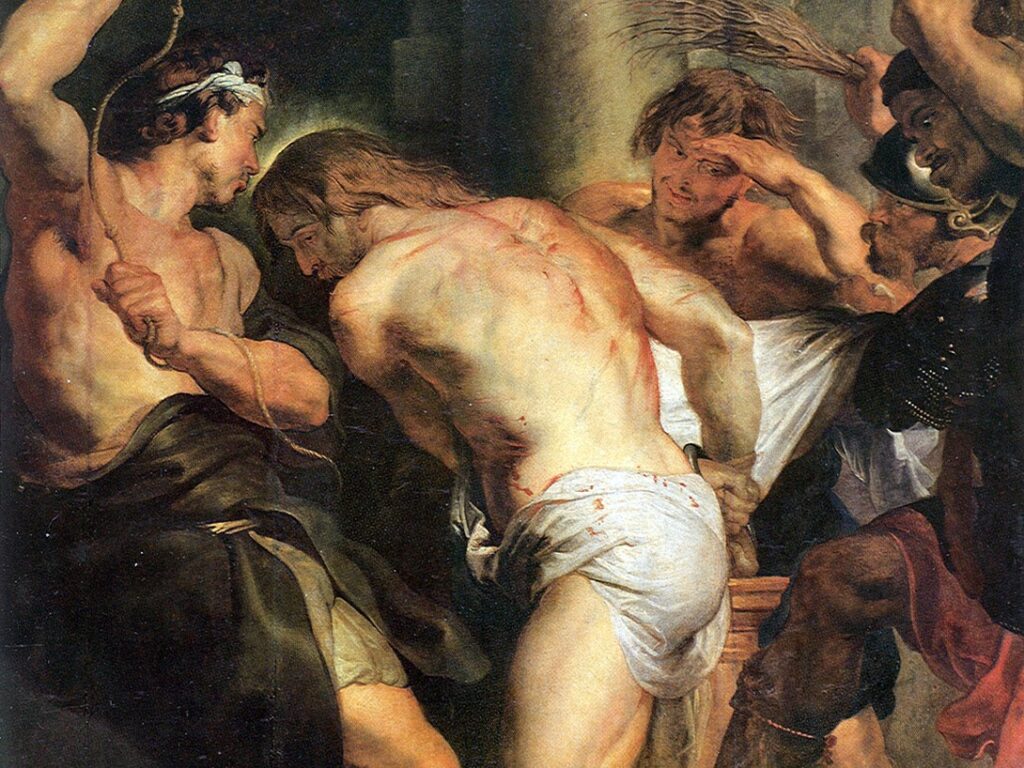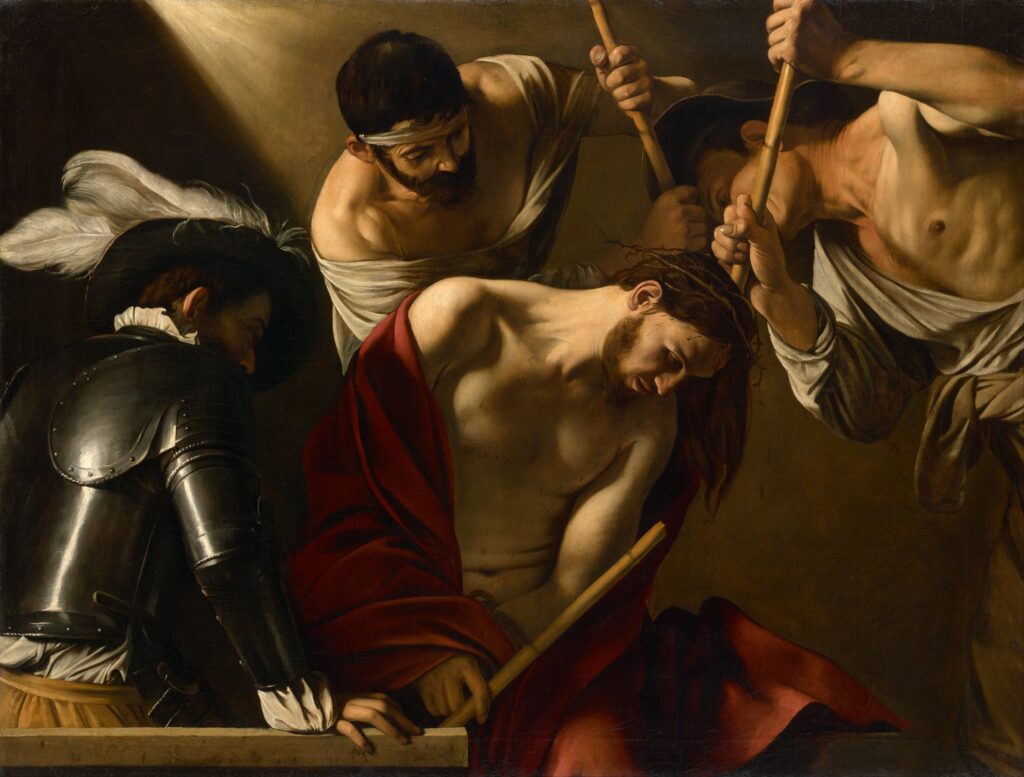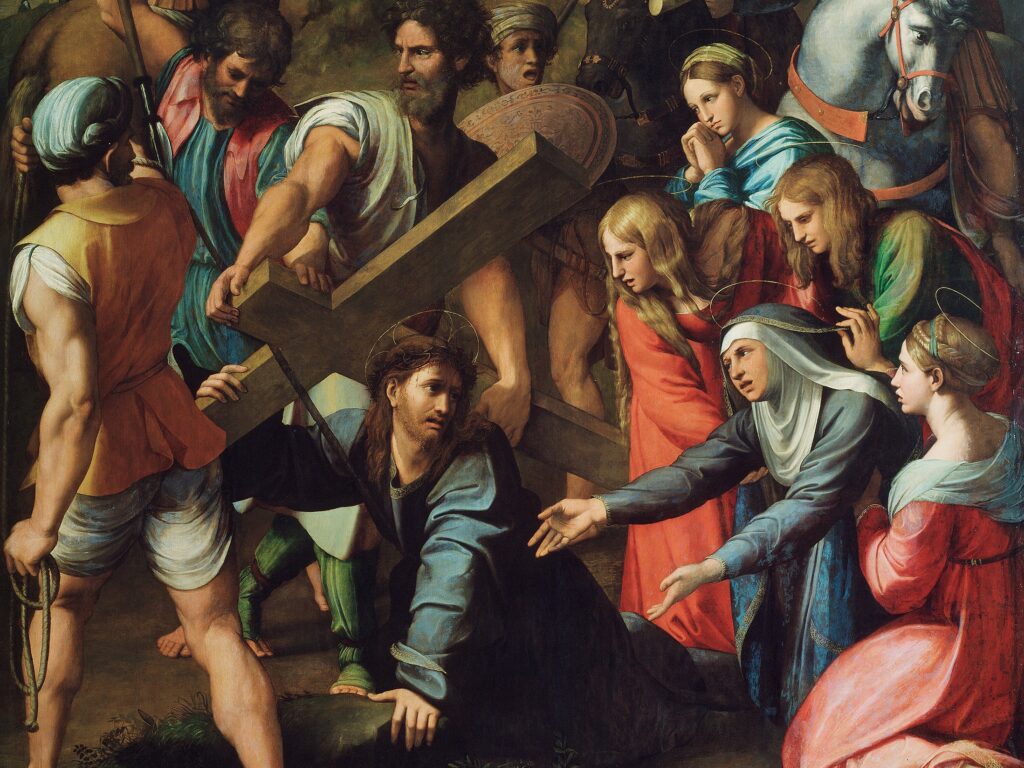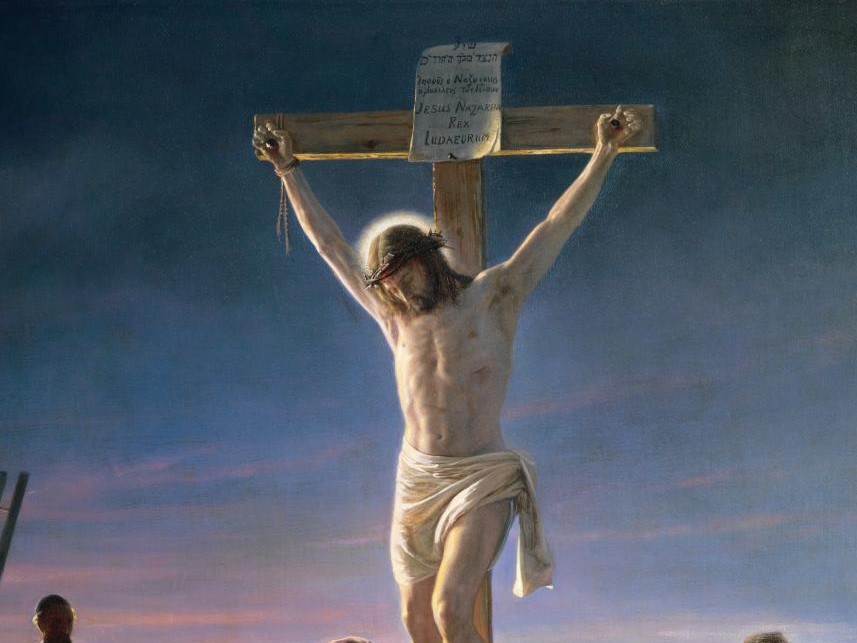2nd April 2021
The Necessity of Good Friday
Stefan Kaminski
Each day of the Easter Triduum is inseparable from the rest: Holy Thursday, Good Friday and Easter Sunday form a single, liturgical action, as the Church sees it. Together, the Thursday evening to Sunday morning constitute a time of immersion in the most sacred and greatest of mysteries. In the middle of this liturgical trio is the celebration of Our Lord’s Crucifixion on Good Friday. It would not be inaccurate to call this, literally, the “meat” of the Triduum: the substance of the rite that is instituted on Holy Thursday is found on Good Friday; and, without Christ’s death, there would be no Resurrection. The celebration of the most joyous and solemn Easter Mass hinges on the prior celebration of Good Friday.
Equally, if Easter signals the commencement of our life in the Holy Spirit, the era of the Church, Good Friday can be perhaps considered the absolute pivotal moment between Testaments Old and New. Although a “New Testament event”, it also signals the final closure of the Old Testament, in the sense that Good Friday celebrates the Sacrifice of sacrifices, the last word with respect to man’s historic need for sin offerings as practiced under the Old Covenant. Christ’s sacrifice is the final but only effective one in a long chain of sacrifices made since Abel and Cain. Similarly, in finally atoning for all human sin, past and future, it ushers in the life of grace. So it is that all sacrifices before Christ’s were a mere antetype; any sacrifices made since cannot be other than idolatry.
At the same time, the Cross speaks most profoundly of the Mystery of God’s Love. It brings together and crushes the contradiction created by man’s first disobedience. In the Cross, the weight of human sin and the magnitude of the Father’s Love confront each other; High Priest and Victim are united; God and man are reconciled; life and death are met. The Mystery of this day is such that “every word is silenced before this… the Father’s hour, when the eternal triune plan is executed,” in the words of von Balthasar.
Indeed, the only necessary words on Good Friday are those spoken by the Son as He hangs from the Cross: seven phrases, identified from across the Gospels, referred to as the Seven Last words. These words uttered by the Word are, in a sense, God’s final word. “But in these last days he has spoken to us by a Son” (Heb 1:2), and these are the words spoken by the Son in the last moments of His life on earth. Each is therefore full of significance, drawing together all of God’s preceding revelation and bringing it to its climatic fulfilment.
Perhaps the most enigmatic of these words, and the ones that most vividly speak of the transition from Old Testament to New, is the fourth phrase: “Eli, Eli, la′ma sabach-tha′ni?” “My God, my God, why hast thou forsaken me?”
These words come from the beginning of Psalm 22; Israel’s great psalm of suffering, a plea for deliverance from suffering and hostility. It is addressed to an apparently-distant God: One who is recognised as past deliverer of Israel, but Who is currently silent, despite the repeated prayers of the people. The psalmist, some 1,000 years before, speaks of the very details that are to manifest themselves on Calvary: the mockery and the challenge to God, the piercing of the hands and feet, the division of the clothes amongst the soldiers and the casting of lots for the outer garment. By invoking Psalm 22 from the Cross, Jesus thus identifies those prophetic words with the event of His Crucifixion, simultaneously speaking reality into those words as he undergoes what they portray.
At the same time, Psalm 22, and therefore the Crucifixion event, does not end with the sufferings of the Messiah. In the last stanzas of the Psalm, a transformation takes place: “From thee comes my praise in the great congregation; my vows I will pay before those who fear him. The afflicted shall eat and be satisfied… the families of the nations shall worship before him.” In these lines, the early Church identified herself as the “great congregation” that offers a sacrifice of praise. In the memorial of the Passion, instituted by Christ at the Last Supper and manifested in the Church’s liturgy, the Bread of Life Himself becomes the food of the afflicted. And as the Gospel spread throughout the Roman empire and beyond, so those who worshipped the One, true God spread beyond the people of Israel to include the wider families of the nations.
And so Psalm 22 also alludes to the immediate fruit of Christ’s Suffering: the birth of the Church, and with her, of the Sacramental economy. As the Old Testament is brought to completion and the New begun, so too the people of God is created anew. From the side of the Body of Our Lord is drawn forth the water and blood of the Church’s Sacraments, Baptism and the Eucharist. As Eve was drawn from Adam’s side, so too is the Church drawn from Christ’s.
We celebrate today “a great mystery… Christ and the Church”, in which “Christ loved the church and gave himself up for her” (Eph 5:25). The contemplation of the Cross is the contemplation of Christ’s love for each of us, from which flows the offer of grace and the promise of new life. Good Friday is not a day to be overlooked.
Post updated 29th March 2024

